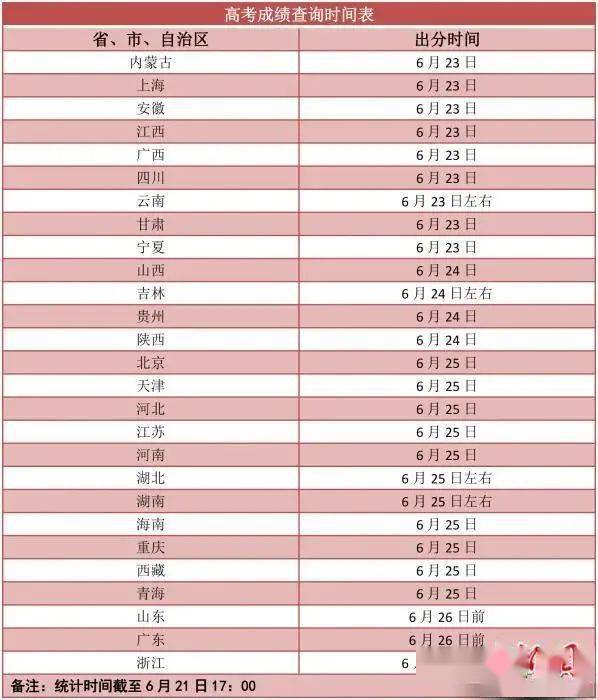The 2+2 strategic dialogue between Japan and Germany this time is an example that Germany is ready to participate in the race for sovereignty in the Indo-Pacific region.

Japan and Germany hold their first Diplomatic and Defense Strategic Dialogue (Dialogue 2+2) online, April 13. (Source: AP)
According to the sheet Nikkei (Japan), on April 13, Japan held its first Diplomatic and Defense Strategic Dialogue (Dialogue 2+2) with Germany online, a framework similar to that of other important European partners, Britain and France.
Clearly, Prime Minister Suga Yoshihide’s administration is increasingly urging key European partners to increase their intervention in the Indo-Pacific region, especially amid certain rifts in China’s relations with Europe recently regarding human rights democracy.
Attending the dialogue on the Japanese side were Foreign Minister Toshimitsu Motegi and Defense Minister Nobuo Kishi, while on the German side were Foreign Minister Heiko Maas and Defense Minister Annegret Kramp-Karrenbauer.
At the dialogue, Japanese Foreign Minister Motegi criticized China for saying that “unilateral actions to change the status quo by force have lost the premises of peace and prosperity for the international community.”
Meanwhile, Secretary Maas stated that “security cooperation is extremely important in the context of various threats in the Indo-Pacific region.”
The German side said it would send a destroyer to the Indo-Pacific region next summer and planned joint training between Japan’s Maritime Defense Force and the German Navy.
It is unusual for a country without territory in the Asia-Pacific to send warships to the region, but it is also the first time germany has shown strong colours on security issues.
This Japan-Germany 2+2 Strategic Dialogue is an example that Germany is ready to participate in the race for sovereignty in the Indo-Pacific region.
Basically the strategy of the Biden administration and its allies is to bring together a siege that restrains China, including European countries. It’s also a sign that the U.S. feels the difficulty of unilateral confrontation and arms race with China.
Other European countries are already aware of the threat from China.
Britain identified China as the biggest national threat to economic security, identified in a new security and diplomatic strategy announced in March.
Britain has left the European Union (EU) and does not want China to lead Asia, which is seen as its promising market. London has also expressed its intention to join the Comprehensive and Progressive Agreement for Trans-Pacific Partnership (CPTPP), an agreement that plays a role in creating a siege on China.
In the current context, the similarities between the UK and Japan are to promote the free trade system in the Indo-Pacific region, while curbing China’s expansion at sea.
Among European countries, Britain has pledged to send the aircraft carrier HMS Queen Elizabeth and France will send a nuclear-powered attack submarine to the Indo-Pacific region.
According to Professor Yuichi Morii of the University of Tokyo, recent moves by Britain, France and Germany have sent a message of cooperation to Japan as countries that share a common view of values.
German Chancellor Angela Merkel once said China was a “systemal competitor” with political differences. However, China is also a huge market with a size of 1.4 billion people and is an important trading partner of Germany.
On April 7, during a phone call with Chinese President Xi Jinping, Ms Merkel also stressed the importance of dialogue.
As European relations with China tend to cool and the region faces serious economic impact from the Covid-19 epidemic, the U.S. and Japan should work to promote diplomatic activities with European countries, in order to support maintaining a tough stance on security.





























































You must log in to post a comment.